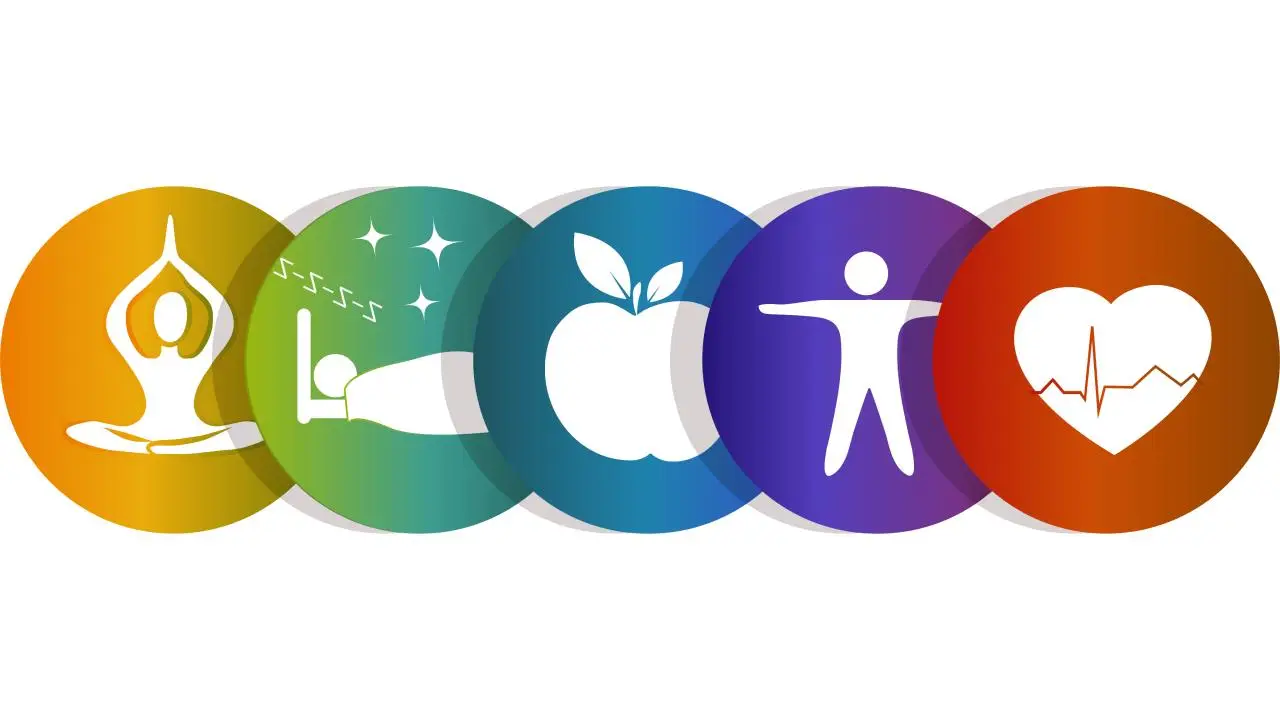In today’s world where healthcare costs are constantly on the rise, finding ways to save money on medical expenses has become more crucial than ever. One valuable tool that individuals can utilize to manage their healthcare costs is the health savings account (HSA). This innovative financial tool offers a way to save for medical expenses while enjoying tax benefits. Let’s delve deeper into what an HSA is and how it can benefit individuals seeking to take control of their healthcare expenses.
Understanding How Health Savings Accounts Work

Health Savings Accounts (HSAs) are a valuable tool for individuals looking to save money for medical expenses. These accounts allow you to set aside pre-tax dollars to use for qualified medical expenses, making them a tax-efficient way to cover healthcare costs.
One key benefit of an HSA is that the funds roll over from year to year, unlike a Flexible Spending Account (FSA) where you need to use the funds by the end of the year. This means you can build up a significant balance over time to cover future medical expenses.
Another advantage of an HSA is that it offers a triple tax advantage. Not only are contributions tax-deductible, but the interest and investment earnings on the account are tax-free. And when you withdraw funds for qualified medical expenses, those are also tax-free. It’s a great way to save money on healthcare expenses.
It’s important to note that not everyone is eligible to open an HSA. To qualify, you must be covered by a high-deductible health plan (HDHP). If you meet the eligibility criteria, it’s worth considering opening an HSA to take advantage of the tax benefits and build up savings for future healthcare needs.
Benefits of Utilizing a Health Savings Account for Healthcare Expenses

**Tax Advantages:** One of the key benefits of a Health Savings Account (HSA) is the tax advantages it offers. Contributions made to an HSA are tax-deductible, meaning you can reduce your taxable income by contributing to your HSA. Additionally, any interest or investment earnings on the funds in your HSA grow tax-free. Withdrawals used for qualified medical expenses are also tax-free.
**Control Over Healthcare Costs:** With an HSA, you have more control over how you spend your healthcare dollars. You can use the funds in your HSA to pay for a wide range of medical expenses, including deductibles, copayments, prescriptions, and even certain over-the-counter items. This flexibility can help you manage your healthcare costs more effectively.
**Savings for the Future:** Another benefit of utilizing an HSA is the ability to save for future healthcare expenses. Any unused funds in your HSA roll over from year to year, unlike a Flexible Spending Account (FSA) where funds may be forfeited at the end of the year. This allows you to build a nest egg for future medical needs or use the funds in retirement to cover healthcare expenses.
| Category | Annual Contribution Limit |
|---|---|
| Individual Coverage | $3,600 |
| Family Coverage | $7,200 |
Maximizing Your Health Savings Account: Tips and Strategies for Saving Money

One way to maximize your Health Savings Account is to contribute the maximum allowable amount each year. By doing so, you can take advantage of the tax benefits and savings that come with an HSA. Additionally, consider setting up automatic contributions from your paycheck to ensure you are consistently adding to your account.
Another tip for saving money with your HSA is to shop around for healthcare services and items. Compare prices at different providers and pharmacies to ensure you are getting the best deals. You can also look for discounts or generic brands to save even more money on qualifying expenses.
Utilizing your HSA for preventative care can also help you save money in the long run. By staying on top of your health and catching any potential issues early, you can avoid more costly treatments down the line. Take advantage of services like annual physicals, vaccines, and screenings that are covered by your HSA.
Lastly, consider investing your HSA funds for potential growth. Some HSA providers offer investment options that can help your money grow over time. Just be sure to do your research and understand the risks involved before making any investment decisions. By following these tips and strategies, you can make the most of your Health Savings Account and save money on healthcare expenses.
Important Considerations When Choosing a Health Savings Account

When selecting a health savings account, there are several important factors to consider to ensure you are making the best choice for your healthcare needs. Below are some key considerations to keep in mind:
- Monthly Fees: Look for an HSA that offers low or no monthly fees to maximize your savings.
- Interest Rates: Compare interest rates offered by different accounts to maximize the growth of your funds.
- Investment Options: If you plan to invest your HSA funds, choose an account that offers a range of investment options.
- Accessibility: Consider how easy it is to access your funds when needed, whether through online banking, a debit card, or other means.
Additionally, it’s important to be aware of any restrictions or limitations that may apply to the HSA you choose. Some accounts may require a minimum balance or have restrictions on how funds can be used. Be sure to thoroughly research and understand the terms and conditions of any HSA before opening an account.
| Features | Considerations |
|---|---|
| Monthly Fees | Low or no fees for maximum savings |
| Interest Rates | Compare rates for optimal growth |
| Investment Options | Choose diverse investment options |
| Accessibility | Easy access to funds when needed |
Q&A
Q: What is a health savings account (HSA)?
A: An HSA is a tax-advantaged savings account that allows individuals to save and pay for qualified medical expenses.
Q: How do I qualify for an HSA?
A: To qualify for an HSA, you must be enrolled in a high-deductible health plan (HDHP) and cannot be enrolled in any other health insurance plan.
Q: What are the benefits of having an HSA?
A: Some benefits of having an HSA include tax-deductible contributions, tax-free withdrawals for qualified medical expenses, and the ability to roll over funds from year to year.
Q: Can I use the funds in my HSA for non-medical expenses?
A: While the primary purpose of an HSA is to pay for qualified medical expenses, you can use the funds for non-medical expenses once you reach age 65 without penalty, although you will be subject to income tax on the withdrawal.
Q: How much can I contribute to my HSA each year?
A: The annual contribution limit for an HSA in 2021 is $3,600 for individuals and $7,200 for families. These limits may change each year and are subject to adjustment for inflation.
The Conclusion
In conclusion, health savings accounts offer individuals a unique opportunity to save for future medical expenses while also enjoying tax benefits. By taking advantage of the flexibility and control that HSAs provide, individuals can better manage their healthcare costs and make more informed decisions about their health and financial well-being. Whether you’re just starting to explore the world of HSAs or you’re a seasoned account holder, it’s important to consider the potential benefits and drawbacks before making any decisions. Remember, your health is your greatest asset, so take the time to invest wisely and plan for a healthier, happier future.



